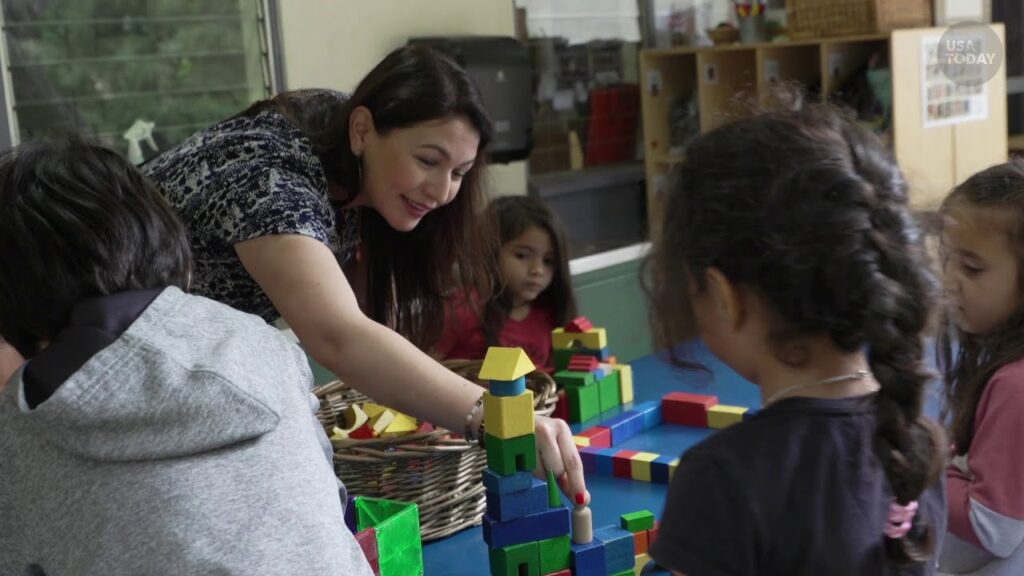Bilingual education is a rapidly growing trend in the education system, with more and more schools offering programs that teach students in two or more languages. This type of education involves students learning academic subjects in their native language as well as in a second language. With the increasing globalization and diversity in our society, the importance of bilingual education cannot be overstated. In this blog post, we will explore the numerous benefits of bilingual education, including academic, cognitive, and cultural advantages. We will also address some common misconceptions and challenges surrounding this type of education.
Importance of Bilingual Education
Bilingual education is crucial for preparing students to succeed in an increasingly interconnected and diverse world. By learning multiple languages, students are able to communicate and connect with people from different backgrounds, enhancing their social and cultural understanding. This not only promotes inclusivity and tolerance but also helps students become global citizens.
Moreover, bilingual education can play a vital role in preserving and promoting minority languages and cultures. As the dominant languages continue to spread, there is a danger of smaller languages being lost. Bilingual education thus serves as a way to preserve these languages and ensure their survival for future generations.
Academic Benefits

One of the most significant benefits of bilingual education is its impact on academic achievement. Numerous studies have shown that students who are educated in two languages perform better academically compared to their monolingual peers. This is because bilingual education promotes critical thinking skills, problem-solving abilities, and creativity.
According to research conducted by the American Council on the Teaching of Foreign Languages, students who study a foreign language tend to score higher on standardized tests such as the SATs. Additionally, bilingual students often outperform monolingual students in subjects such as math, science, and reading.
Furthermore, bilingual education has been shown to improve overall cognitive functioning, leading to improved attention, memory, and executive functioning skills. These skills are essential for academic success and are enhanced through the constant switching between languages in a bilingual classroom.
Cognitive Benefits

Bilingual education has been found to have numerous cognitive benefits, particularly for young learners. When children are exposed to multiple languages at an early age, their brains develop differently compared to monolingual children. This is because learning a second language requires students to use different areas of the brain, which results in increased brain plasticity.
Moreover, studies have shown that bilingual students have better problem-solving skills and are more flexible thinkers. They also tend to have a better understanding of language structures and rules, leading to improved reading and writing abilities. Bilingualism has also been linked to improved memory and multitasking skills.
In addition to these cognitive benefits, bilingual education has also been found to delay the onset of neurodegenerative diseases such as Alzheimer’s and dementia. This is because speaking two or more languages keeps the brain active and engaged, preventing cognitive decline.
Cultural Benefits
Bilingual education not only enhances academic and cognitive abilities but also promotes cultural awareness and understanding. By learning a second language, students gain a deeper understanding of different cultures, traditions, and perspectives. This leads to increased empathy and appreciation for diversity.
Moreover, bilingual education helps break down language barriers and creates opportunities for students to communicate and connect with people from different backgrounds. This not only fosters friendships but also encourages a sense of global citizenship and understanding.
In today’s globalized world, being able to speak more than one language is a valuable skill that can open doors for job opportunities and careers in international business, politics, and diplomacy. Bilingual individuals are in high demand in the workforce, making bilingual education a valuable asset for future career prospects.
Challenges and Misconceptions
Despite the numerous benefits of bilingual education, there are still some challenges and misconceptions surrounding this type of education. Some critics argue that teaching students in two languages can lead to confusion and hinder their academic progress. However, research has shown that this is not the case. In fact, students in bilingual programs often outperform their monolingual peers.
Another common misconception is that bilingual education is only beneficial for non-native speakers. However, even native speakers can benefit from bilingual education. It allows them to develop a deeper understanding of their own language and culture while also gaining proficiency in a second language.
Challenges may arise in implementing bilingual education, such as finding qualified teachers and resources. There may also be resistance from parents who may feel that their child’s education is being compromised. However, with proper support and resources, these challenges can be overcome, and the benefits of bilingual education can be fully realized.
Conclusion
In conclusion, bilingual education offers numerous benefits for students, including academic, cognitive, and cultural advantages. It prepares students to succeed in an increasingly interconnected and diverse world and promotes global citizenship. Bilingual education also plays a crucial role in preserving minority languages and cultures. Despite some challenges and misconceptions, the importance and value of bilingual education cannot be denied. As our society continues to become more diverse, bilingual education will play a vital role in shaping the future generation of leaders, thinkers, and global citizens.
